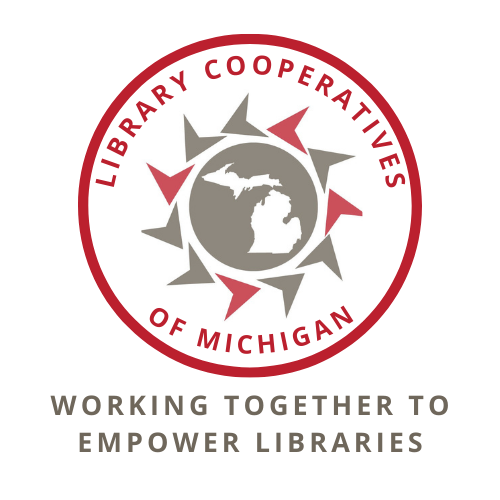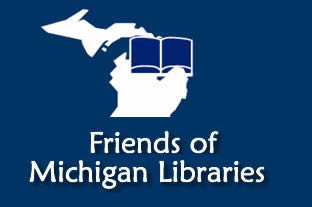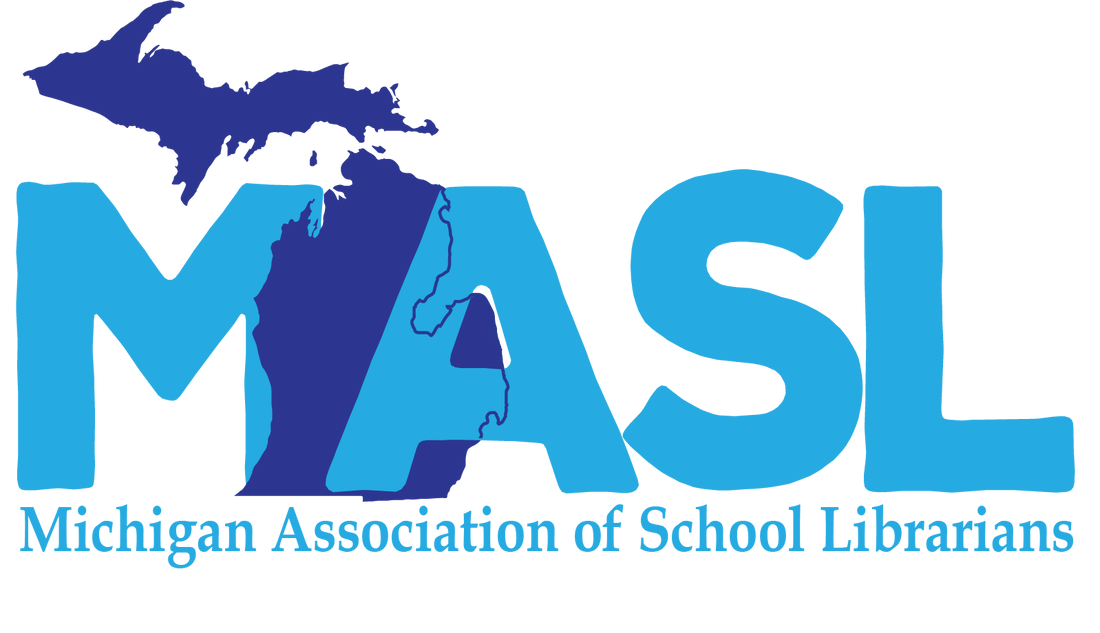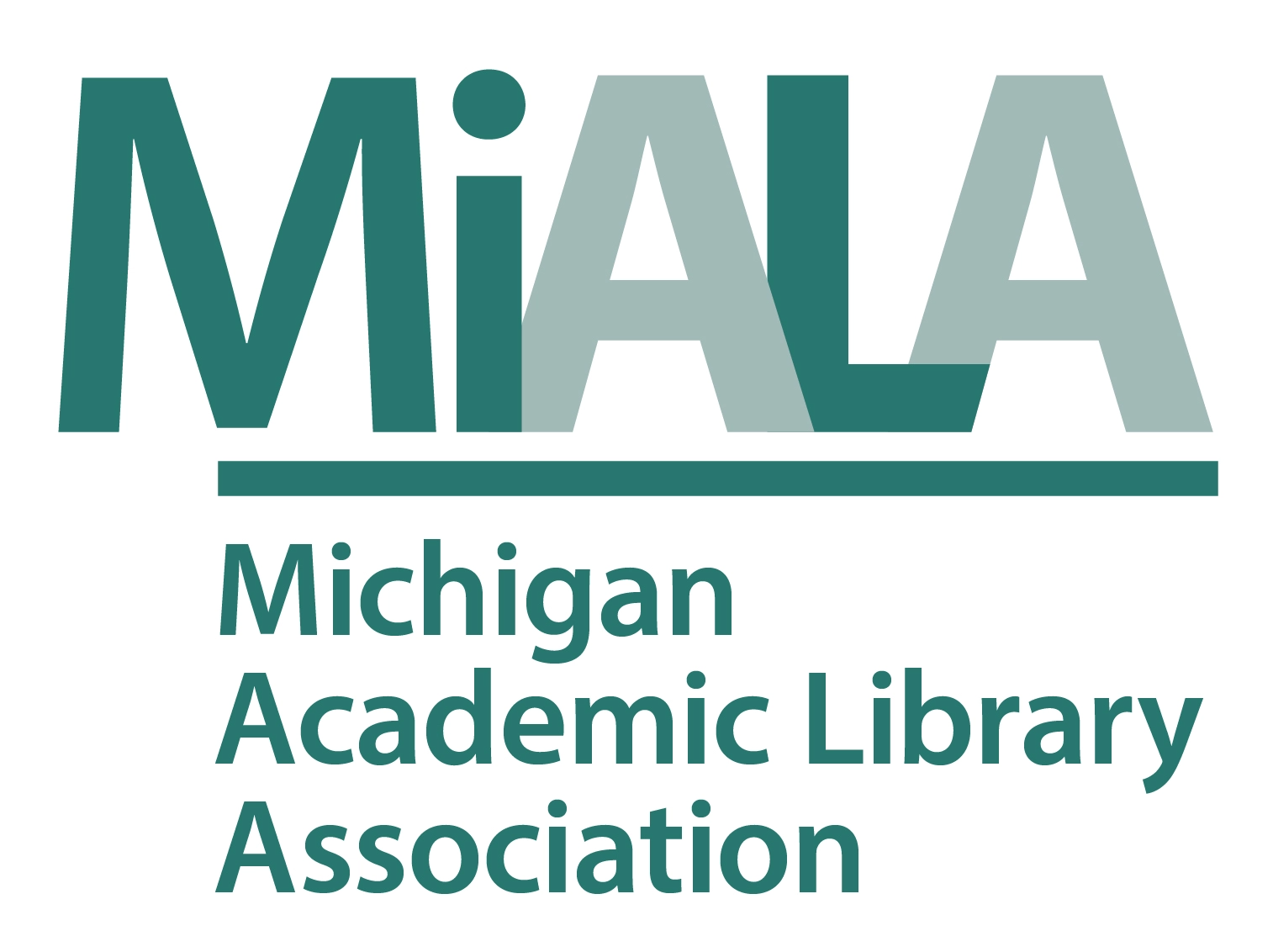| News - Advocacy |
| Thursday, April 27, 2023 12:00 AM |
Cass County Proposed “Child Protection Ordinance"April 27, 2023 Last week, MLA worked on an issue that was taking shape in Cass County that would have had far-reaching ramifications for other counties. It was a proposal, unlike anything MLA has responded to in the fight against book banning and censorship. The Cass County Board of Commissioners was looking to adopt a “Child Protection Ordinance” which would have required signed legal statements attesting to the “safety” of materials at the three local libraries among other places. While the title of the ordinance is a “bit” misleading – this was an attempt to censor and ban books. They were also proposing a county-wide threat of felony charges and warrantless arrests to operate the libraries and curate the collections if materials didn’t satisfy their definitions. The good news: the Cass County Board pulled the ordinance from the agenda due to the “heat” of inquiry from librarians and others who were appalled that this was on the agenda. There are many issues with the ordinance and the three affected library systems have already engaged legal counsel; are opposed (obviously); and will work through the legal systems to ensure they continue to offer library services without censorship. ALA and PEN America also worked behind the scenes to help us identify some more of the legal issues as well as Clare Membiela at the Library of Michigan. Federal and state authorities might quarrel with the claim that “this body is the only body with legal jurisdiction over the entire county.” This ordinance appears to be proposing abrogation of the state law requirement that a work be considered as a whole via the phrase “the term 'sexually explicit matter' as referenced in this ordinance means any portion of 'sexually explicit matter.” We must point out that the Miller Test is the primary legal test for determining whether expression constitutes obscenity. As per the Supreme Court, materials must pass all 3 prongs of the Miller Test. They are:
The ordinance also makes several other legally suspect claims: that the Cass County Commissioners can determine community standards (that’s usually a “reasonable person” standard that looks to what a reasonable person would determine is appropriate for minors, based on a national standard, as determined by a court of law); that the legal exemption provided to educators and librarians in 722.676 (b) and (d) can be abrogated without the action of the legislature (see more below); or that the state law can be abrogated by re-interpreting those provisions as requiring a parent’s signed consent; or that a local ordinance can require the immediate arrest of a librarian or educator upon the allegation of a violation of the law, as they interpret it. Usually, a prosecutor must agree that there is evidence of a crime, as provided in state law, and only a judge or jury can determine if a work is obscene for minors after the presentation of evidence. As referenced above, it is also worth reading in its entirety, MCL722.676, persons excepted from MCL722.675, sec. 6 as an ordinance cannot take away rights/abilities that the state statutes permit. Section 5 does not apply to the dissemination of sexually explicit matter to a minor by any of the following: (a) A parent or guardian who disseminates sexually explicit matter to his or her child or ward unless the dissemination is for the sexual gratification of the parent or guardian.
(b) A teacher or administrator at a public or private elementary or secondary school that complies with the revised school code, 1976 PA 451, MCL 380.1 to 380.1852, and who disseminates sexually explicit matter to a student as part of a school program permitted by law.
(c) A licensed physician or licensed psychologist who disseminates sexually explicit matter in the treatment of a patient.
(d) A librarian employed by a library of a public or private elementary or secondary school that complies with the revised school code, 1976 PA 451, MCL 380.1 to 380.1852, or employed by a public library, who disseminates sexually explicit matter in the course of that person's employment.
(e) Any public or private college or university or any other person who disseminates sexually explicit matter for a legitimate medical, scientific, governmental, or judicial purpose.
(f) A person who disseminates sexually explicit matter that is a public document, publication, record, or other material issued by a state, local, or federal official, department, board, commission, agency, or other governmental entity, or an accurate republication of such a public document, publication, record, or other material.
MLA has sent this on to the ACLU of Michigan and to the Attorney General’s office. It is important that MLA members are aware of this and can begin to prepare for how censorship challenges are going to manifest themselves outside of the normal reconsideration forms. We must be on guard and be watchful in places beyond our own library walls – like the county commissioners. |








